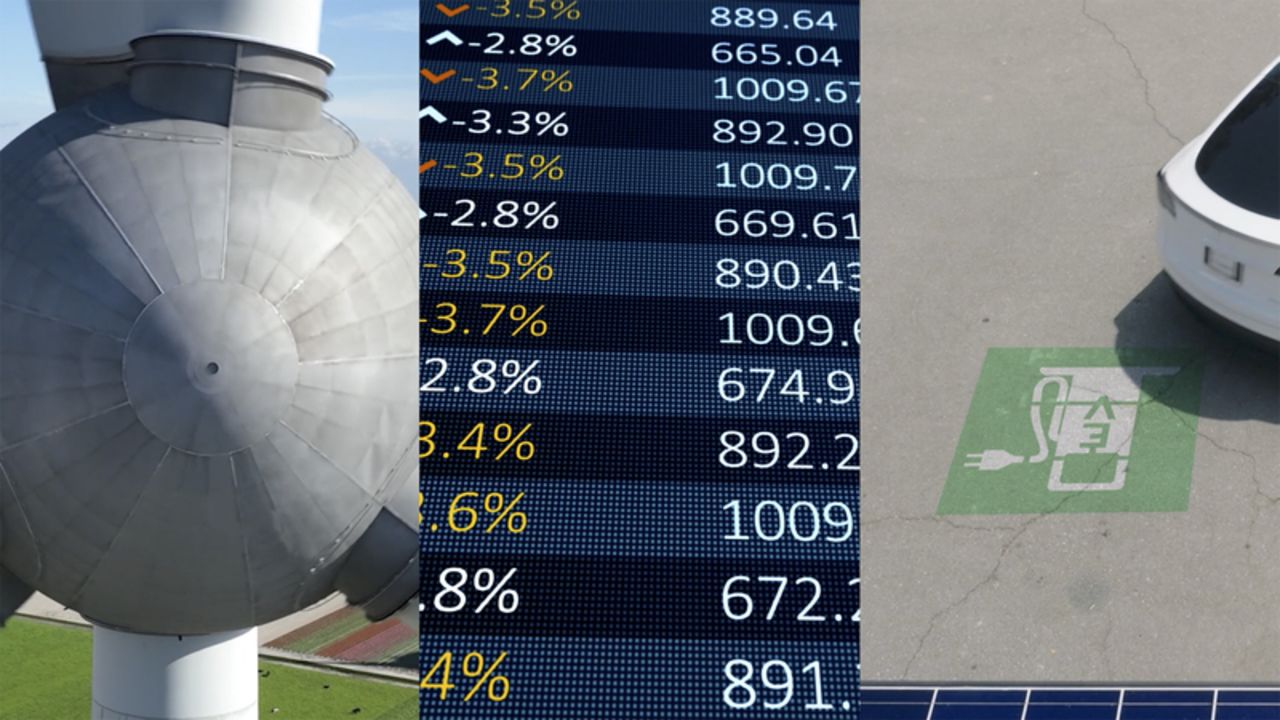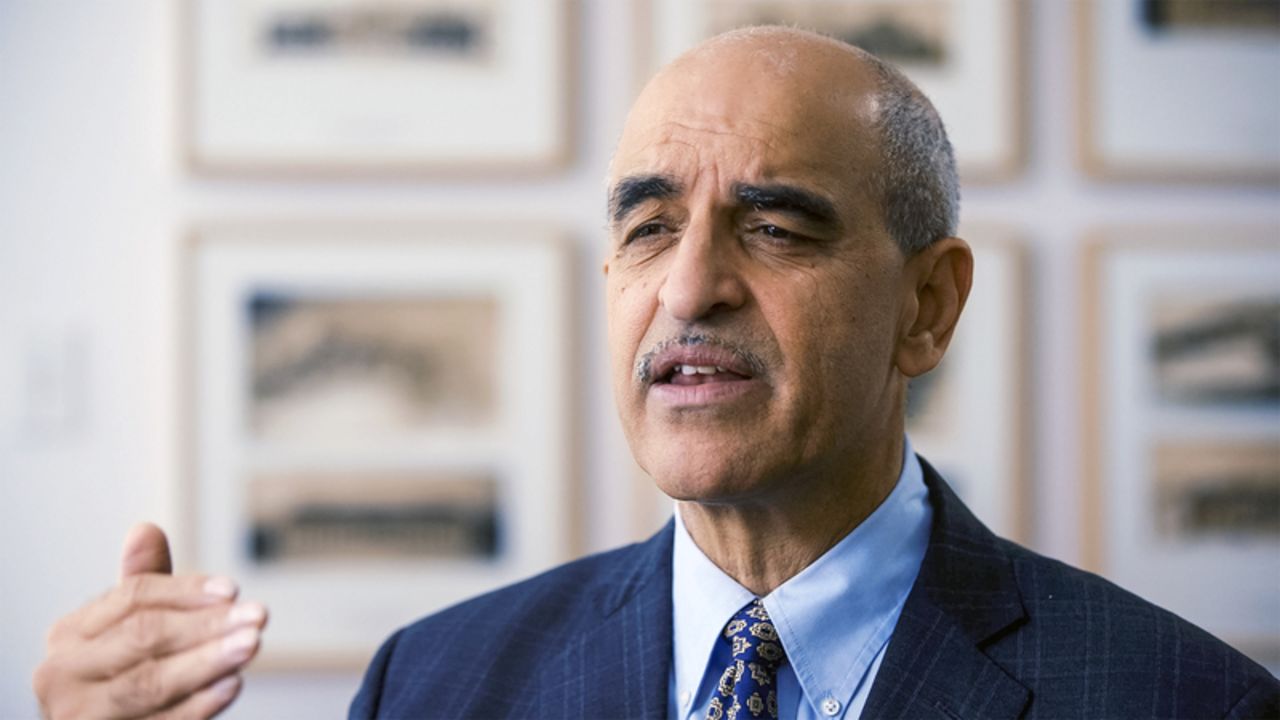Building Climate-Resilient Farming with Robotics: Eric Adamson of Oishii and Tortuga
- 17 SEP 2025
- |
- Climate Rising
Eric Adamson, Robotics Executive at Oishii and co-founder of Tortuga AgTech, joins
Climate Rising to share how automation and AI are transforming fruit farming. Eric
explains how his team designed a strawberry-harvesting robot capable of operating
in outdoor tunnels and vertical farms, bringing operational efficiency, labor savings,
and climate resilience to high-value crops. He discusses why harvest is the hardest—and
most impactful—problem in agriculture to automate, what it took to move from lab demo
to field-scale deployment, and how they integrated custom robotics and 17 on-device
AI models to achieve 97% picking accuracy. Eric also shares his climate thesis on
why controlled environments reduce emissions, waste, and chemical use, and how UV-powered
robots and environmental buffering help adapt to floods, fungi, and labor volatility.
This episode is part of our alumni series, which also features Danielle Colson of
Mantel, a carbon-capture climate-tech start-up, and Hui Wen Chan of Crusoe, which
uses stranded energy to power AI data centers. Explore the full series at climaterising.org
Eric Adamson, Robotics Executive at Oishii and co-founder of Tortuga AgTech, joins
Climate Rising to share how automation and AI are transforming fruit farming. Eric
explains how his team designed a strawberry-harvesting robot capable of operating
in outdoor tunnels and vertical farms, bringing operational efficiency, labor savings,
and climate resilience to high-value crops. He discusses why harvest is the hardest—and
most impactful—problem in agriculture to automate, what it took to move from lab demo
to field-scale deployment, and how they integrated custom robotics and 17 on-device
AI models to achieve 97% picking accuracy. Eric also shares his climate thesis on
why controlled environments reduce emissions, waste, and chemical use, and how UV-powered
robots and environmental buffering help adapt to floods, fungi, and labor volatility.
This episode is part of our alumni series, which also features Danielle Colson of
Mantel, a carbon-capture climate-tech start-up, and Hui Wen Chan of Crusoe, which
uses stranded energy to power AI data centers. Explore the full series at climaterising.org

Customised Agricultural Advice at Scale: How Digital Extension Helps Indian Farmers Grow More and Lose Less
By: Shawn Cole
- 02 Jul 2025
- |
- VoxDev
Measurement and Effects of Bank Exit Policies
- OCTOBER 2025
- |
- Journal of Financial Economics
We study whether exit policies by financial institutions have financial and real consequences on the firms they target, using bank coal exit policies as a laboratory. In contrast to theories assuming high capital substitutability, we find large effects of these policies. Bank exit policies negatively affect both the financing and operation of coal assets. Substitution to other sources and providers of capital appears to be limited. Coal power plants owned by firms exposed to exit policies are more likely to retire, translating into lower CO2 emissions. Exit policies have reduced CO2e emissions from energy production by an estimated 0.62 gigaton.
Using Satellites and Phones to Evaluate and Promote Agricultural Technology Adoption: Evidence from Smallholder Farms in India
- SEPTEMBER 2025
- |
- Journal of Development Economics
This paper evaluates a low-cost, customized soil nutrient management advisory service in India. As a methodological contribution, we examine whether and in which settings satellite measurements may be effective at estimating both agricultural yields and treatment effects. The intervention improves self-reported fertilizer management practices, though not enough to measurably affect yields. Satellite measurements calibrated using OLS produce more precise point estimates than farmer-reported data, suggesting power gains. However, linear models, common in the literature, likely produce biased estimates. We propose an alternative procedure, using two-stage least squares. In settings without attrition, this approach obtains lower statistical power than self-reported yields; in settings with differential attrition, it may substantially increase power. We include a “cookbook'' and code that should allow other researchers to use remote sensing for yield estimation and program evaluation.
E-ledgers Carbon Accounting
- 2025
- |
- Working Paper
In prior publications, we introduced a global system of interconnected E-ledgers that produces—in as close to real time as practicable—accurate, comparable, and verifiable accounts of the cradle-to-gate (net) greenhouse-gas emissions in any product or service that transacts in the economy. In this paper, we delve more deeply into the accounting infrastructure required for the E-ledgers system, including the specific journal entries for recording E-liabilities and E-assets. We explain how the E-ledgers of different entities in the economy articulate with each other and how they connect with jurisdictional E-ledgers that record emissions from end consumers. These entity and jurisdictional E-ledgers can be aggregated into a geological master ledger that tracks anthropogenic GHG emissions and removals, as debits and credits, to a geological carbon equity account. We also provide summary insights from computational technology and pilot studies to guide rapid and cost-effective E-ledgers deployment at scale.
Supporting a Community of Learners
MBA Experience
As an MBA student at HBS, you will prepare yourself for leadership in a rapidly changing world in which natural resources are increasingly scarce and the threat of climate change ever more urgent.
Alumni
The Business & Environment Initiative connects alumni with students, faculty, and each other for learning, careers, and impact.
Executive Education
An advanced curriculum for corporate and nonprofit executives from all over the world to prepare them for new levels of leadership.
As we increasingly experience the effects of climate change – predicted by scientists over 50 years ago – business is vital.




